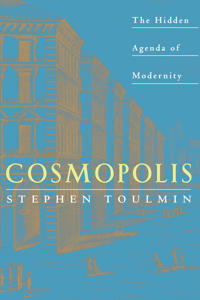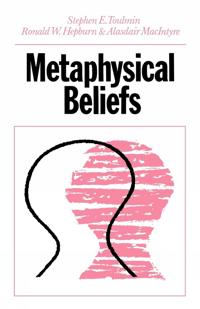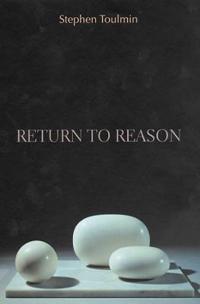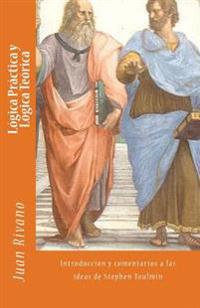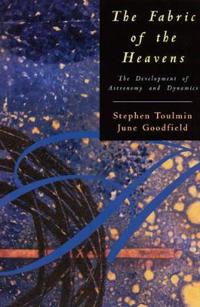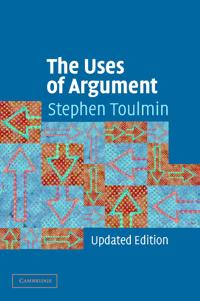Cosmopolis (Pocket)
avStephen Toulmin
ISBN: 9780226808383 - UTGIVEN: 199211In the 17th century, a vision arose which was to captivate the Western imagination for the next 300 years: the vision of Cosmopolis, a society as rationally ordered as the Newtonian view of nature. While fueling extraordinary advances in all fields of human endeavour, this vision perpetuated a hidde[...]
Metaphysical Beliefs (Häftad)
avStephen Toulmin, Ronald W. Hepburn, Alasdair Macintyre
ISBN: 9780334046172 - UTGIVEN: 2012-01During the mid-1950s, three books appeared which, while theologically unfashionable at the time, can now be seen to have pointed the way forward that theology had to take. New Essays in Philosophical Theology, edited by Antony Flew and Alasdair Maclntyre, has been available ever since, and has been [...]
Return to Reason (Häftad)
avStephen Toulmin
ISBN: 9780674012356 - UTGIVEN: 200310Now, at the beginning of a new century, Toulmin sums up a lifetime of work and issues a call to redress the balance between rationality and reasonableness. His vision does not reject the valuable fruits of science and technology, but requires awareness of the human consequences of our discoveries. T[...]
Lógica Práctica Y Lógica Teórica: Introducción Y Comentarios a Las Ideas de Stephen Toulmin (häftad)
ISBN: 9781490518336 - UTGIVEN: 2013-06Wittgenstein's Vienna (Häftad)
avAllan S. Janik, Stephen Toulmin
ISBN: 9781566631327 - UTGIVEN: 199609This is a remarkable book about a man (perhaps the most important and original philosopher of our age), a society (the corrupt Austro-Hungarian Empire on the eve of dissolution), and a city (Vienna, with its fin-de si_cle gaiety and corrosive melancholy). The central figure in this study of a crumbl[...]
Wittgensteins Wien (Häftad)
avAllan Janik, Stephen Toulmin
ISBN: 9789173590716 - UTGIVEN: 2014-02-12The Fabric of the Heavens (Häftad)
avStephen E. Toulmin, June Goodfield
ISBN: 9780226808482 - UTGIVEN: 200001Conceived as three companion volumes that form an introduction to the central ideas of the modern natural sciences, these books--intelligent, informative, and accessible--are an excellent source for those who have no technical knowledge of the subject. Praise for The Fabric of the Heavens: "I cannot[...]
The Uses of Argument (Pocket)
avStephen Edelston Toulmin
ISBN: 9780521534833 - UTGIVEN: 200306A central theme throughout the impressive series of philosophical books and articles Stephen Toulmin has published since 1948 is the way in which assertions and opinions concerning all sorts of topics, brought up in everyday life or in academic research, can be rationally justified. Is there one uni[...]

